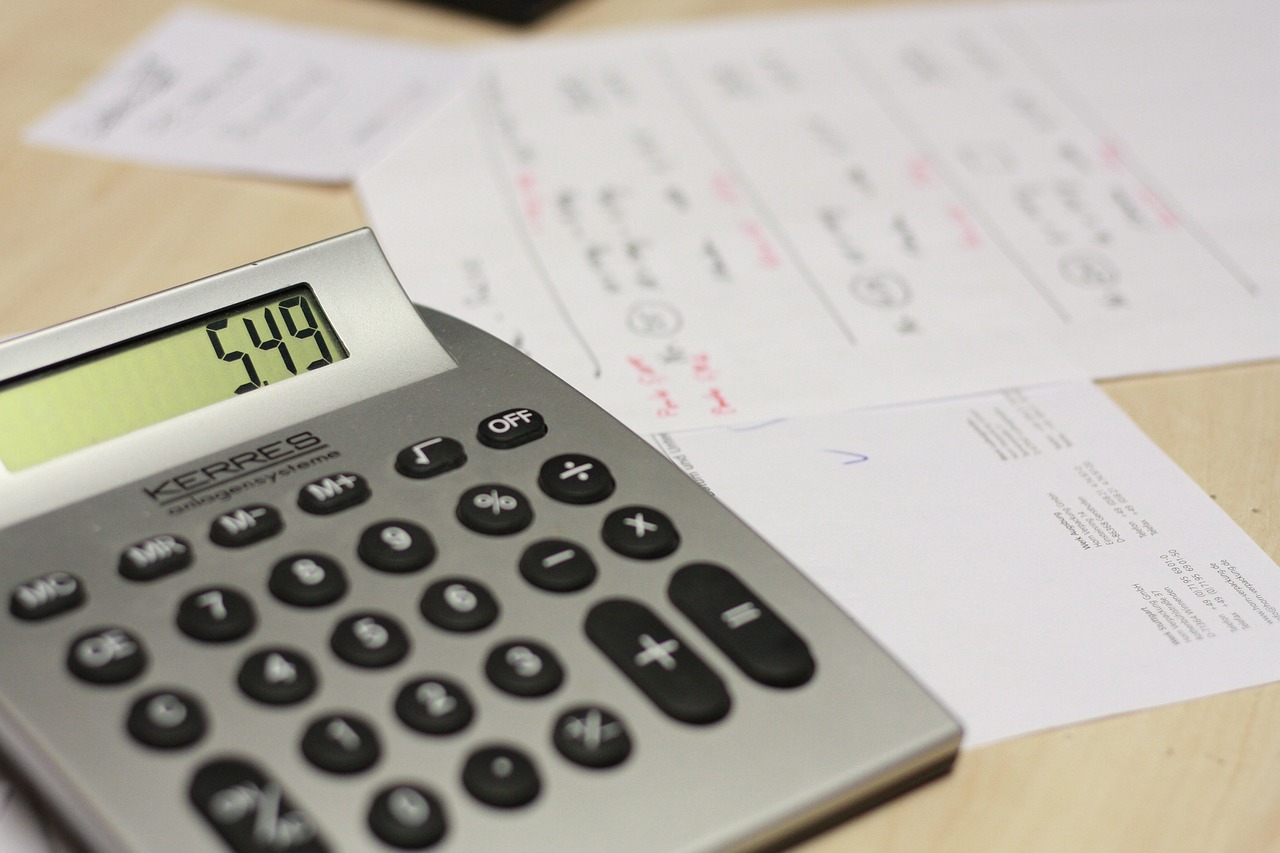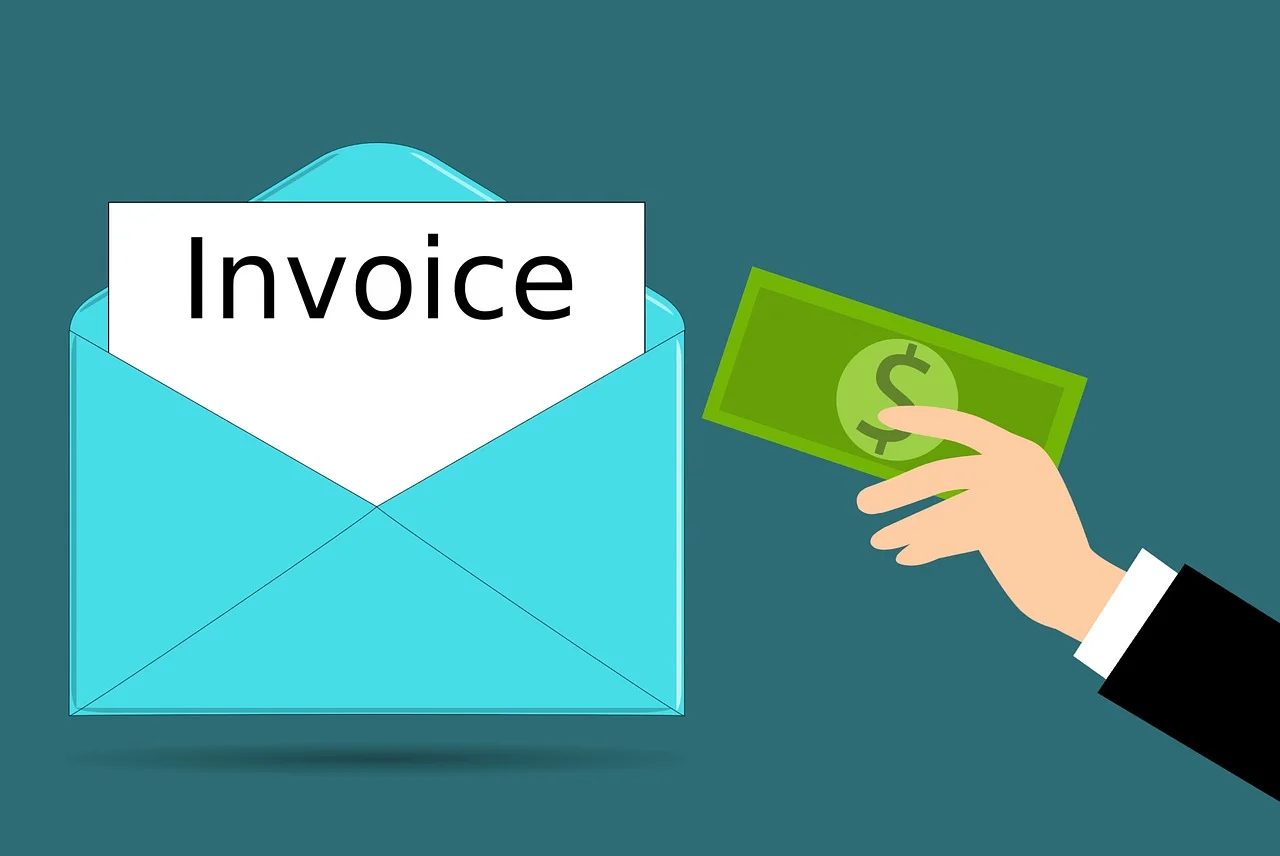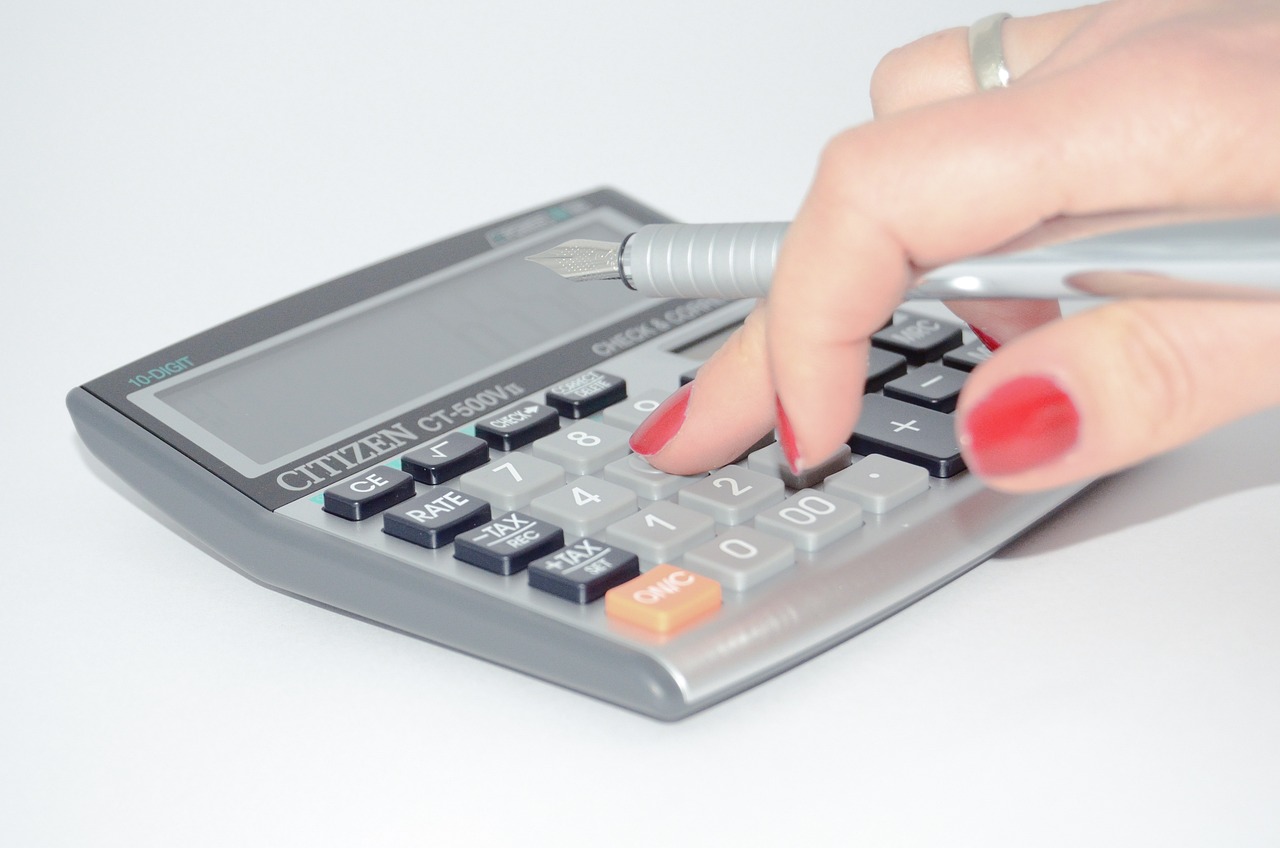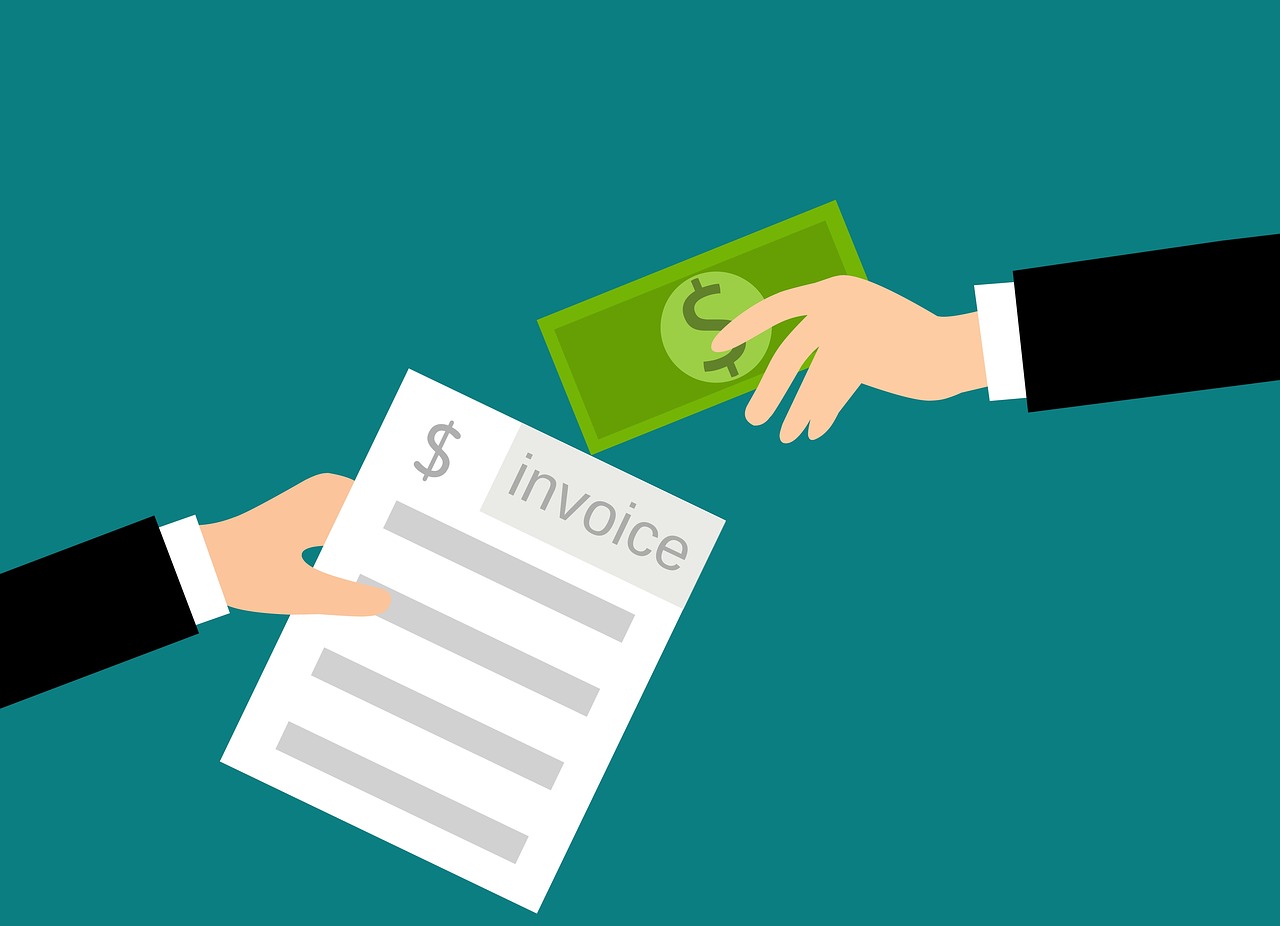Invoicing Tips: Can You Write Off Unpaid Invoices?
Managing finances is a critical part of running a successful business. One common challenge that many businesses face is dealing with unpaid invoices. These are bills for products or services that a business has provided but has not yet received payment for.
Here at
Saldo Invoice, we understand the complexity of this issue and aim to provide insightful solutions. In this article, we will discuss various aspects related to unpaid invoices, such as their impact on businesses and the possibility of writing them off. We will also provide practical tips and strategies, based on our extensive experience in invoicing, to handle unpaid bills effectively.
Overview of the Issue of Unpaid Invoices and Their Impact on Businesses
Unpaid invoices are not just minor annoyances. They are a significant issue that can have far-reaching implications for businesses. From small startups to large corporations, businesses are free of unpaid bills.
According to recent surveys, a staggering percentage of businesses report having issues with unpaid bills. This is not a rare or isolated issue but rather a widespread challenge that many businesses grapple with on a regular basis. In fact, it’s estimated that billions of dollars in services and products go unpaid each year.
Unpaid invoices can have a profound impact on a business’s finances. At the most basic level, they disrupt cash flow. This payment is often factored into the business’s budget, used to cover operational costs, reinvest in the business, or even pay employees. When that payment doesn’t come, it can create a ripple effect, leading to financial strain.
Exploring the Possibility of Writing off Unpaid Invoices
In the face of persistent unpaid invoices, one option that businesses might consider is to write off these bills. But what does that mean, and what implications does it have for a business? Let’s delve into this topic.
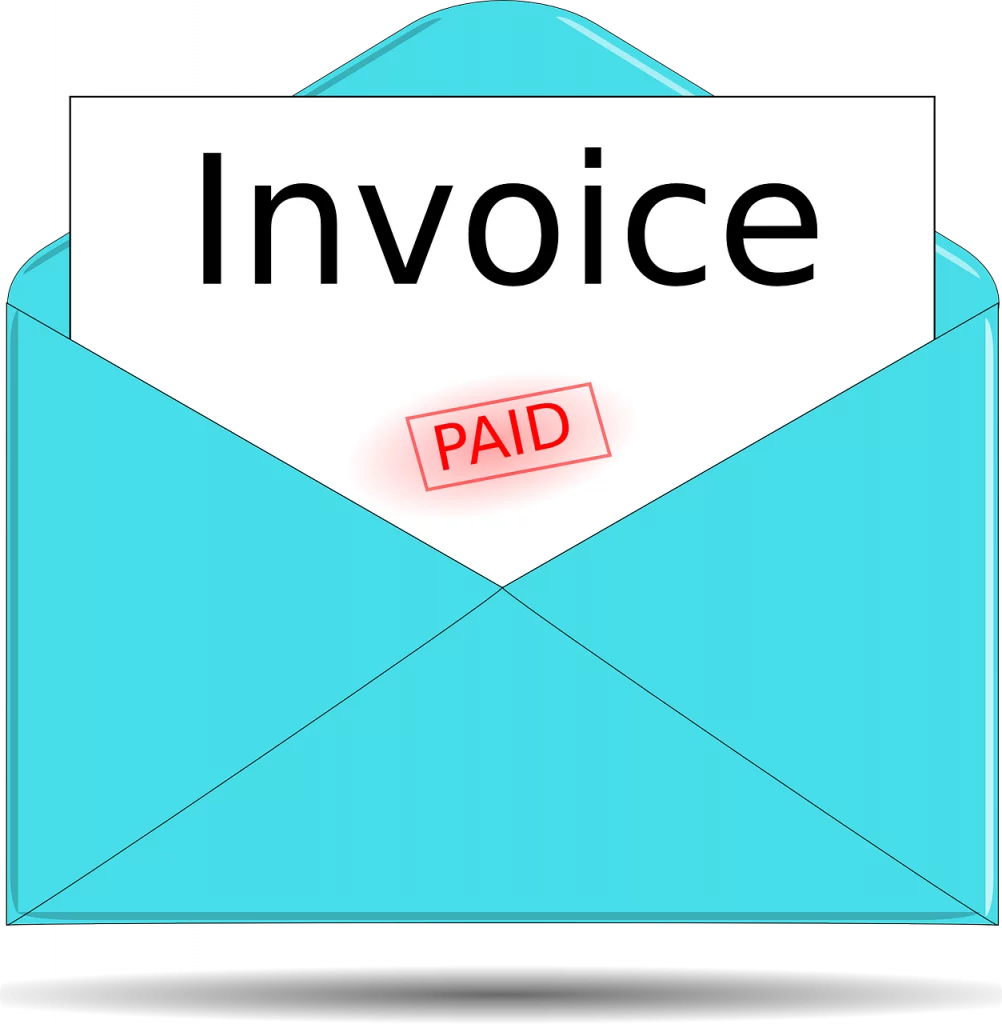
What does it mean to write off an unpaid invoice?
In business terms, to “write off” an unpaid invoice means acknowledging that a debt is unlikely to be collected and removing it from your account. Essentially, the business accepts that the unpaid bill will remain unpaid, and it moves on. This decision is usually made after several attempts to collect the payment have failed, and it appears that further attempts would not be cost-effective.
Here are some common steps businesses take before deciding to write off an invoice:
- Repeatedly contacting the customer to request payment.
- Sending formal demand letters for payment.
- Attempting to negotiate a payment plan or reduced payment.
- Considering third-party collection agencies or legal action.
Writing off a bill can clarify a business’s financial health by removing uncertain income from the financial record. It’s a last resort but sometimes a necessary step for businesses dealing with long-term unpaid bills.
The impact on your tax obligations
Writing off unpaid invoices can also have implications for a business’s taxes. In many jurisdictions, businesses can claim bad debts (like unpaid invoices) as a deduction on their income taxes. This can help offset some of the lost income.
As such, before writing off an unpaid invoice for tax purposes, it’s important to:
- Consult with a tax professional or accountant to understand the tax implications fully.
- Keep detailed records of the invoice and your attempts to collect payment. Our tax invoice template can help you maintain organized records.
- Understand the specific tax laws in your jurisdiction.
Writing off an invoice is not a simple process, but understanding the steps involved and the potential tax benefits can help businesses make informed decisions.
Factors to Consider When Deciding to Write off Invoices
The decision to write off an invoice is not one to be taken lightly. It involves acknowledging a loss that could affect your business’s finances and tax obligations.
The first step is to evaluate whether the client will eventually pay their bill. If the client has generally been reliable with payments in the past or is actively communicating with you about a temporary financial difficulty, you might give them more time rather than writing off the bill right away.
Another important consideration is the cost associated with trying to collect the payment. If the unpaid invoice amount is relatively small, you might find that the cost of pursuing the payment exceeds the amount you could recover. In such cases, writing off the invoice could be the most cost-effective solution.
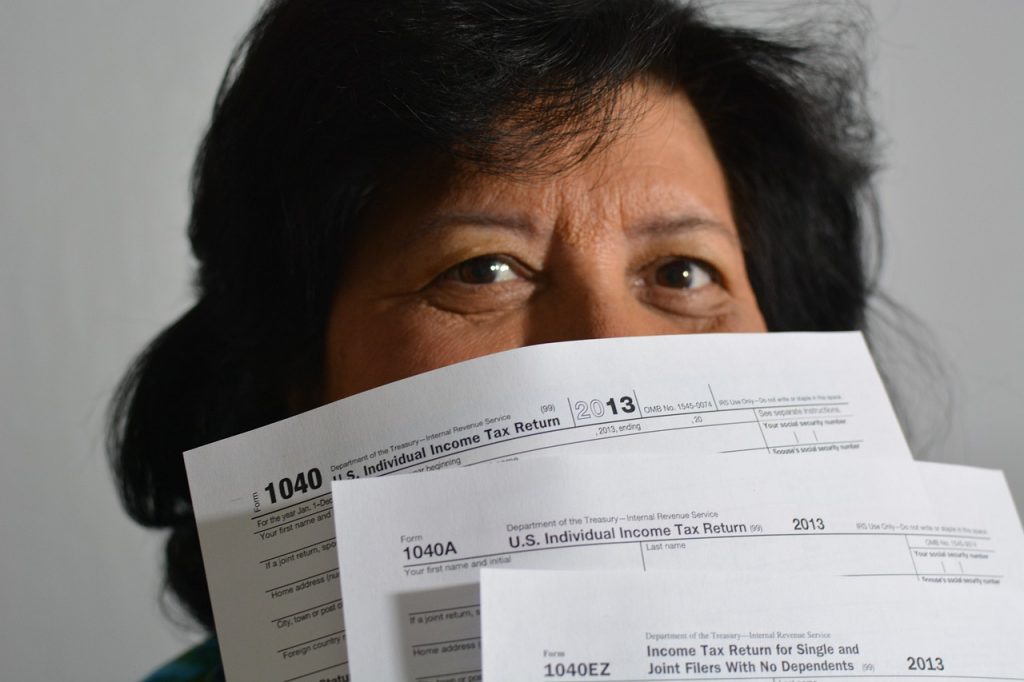
Strategies for Dealing With Unpaid Invoices and Minimizing Losses
The challenge of unpaid invoices requires both proactive and reactive strategies. By being proactive, businesses can prevent many instances of unpaid bills. However, even with the best preventive measures, some bills may still go unpaid, requiring reactive strategies. Let’s explore both of these approaches.
Proactive invoicing strategies
Proactive strategies are all about prevention. They aim to reduce the risk of unpaid invoices from the outset. Here are a few strategies that can be effective:
- Clear Communication: Make sure your customers understand the payment terms before you provide a product or service. This includes the payment due date, accepted payment methods, and any late payment penalties.
- Deposits or Advance Payments: Require a portion of the payment upfront, especially for large orders or projects. This can help ensure you’re paid for your work.
- Invoice Promptly: Send out invoices as soon as a product or service is delivered. The sooner you request payment, the sooner you’ll likely get paid.
- Use an Invoice Generator: An invoice generator can help create professional invoices quickly and easily, reducing the chance of errors that may delay payment.
Reactive strategies for unpaid invoices
Despite your best efforts, you may still end up with unpaid bills. In these cases, reactive strategies come into play. Here are a few options to consider:
- Payment Reminders: A friendly reminder can often prompt a customer to pay an overdue invoice.
- Payment Plans: If a customer is unable to pay the full amount immediately, offering a payment plan can help you recover the debt over time.
- Legal Action: In extreme cases, you may need to take legal action to recover a debt. This can be time-consuming and costly, so it’s often reserved for large unpaid bills.
By combining proactive and reactive strategies, businesses can minimize the impact of unpaid bills and ensure they’re taking steps to protect their financial health.

Legal Considerations and Professional Advice on Handling Unpaid Invoices
Dealing with unpaid invoices isn’t just a financial matter. Understanding your legal rights and when to seek professional advice can make a big difference in how effectively you handle unpaid bills.
There are several scenarios when it might be beneficial to seek professional advice. Here are a few examples:
- You’re considering legal action to collect a debt: Legal action can be complex and time-consuming, so it’s a good idea to consult a legal professional before proceeding.
- You’re considering writing off a significant amount of debt: A financial advisor or accountant can help you understand the tax implications and whether this is the best course of action.
- You’re dealing with international clients: Different countries have different laws regarding debt collection, so a professional can help you navigate these complexities.
Remember, while unpaid bills can be frustrating, it’s important to handle them in a way that is both effective and legally sound.
Turning Unpaid Invoices Into Business Opportunities
From understanding the prevalence of unpaid invoices and their financial impact to exploring the possibility of writing them off, every decision has its own implications and opportunities for your business.
Remember, the right approach involves a mix of proactive strategies to prevent unpaid bills and reactive strategies to manage them when they do occur. One proactive strategy is using professional
invoice templates to ensure effective invoicing. It’s equally crucial to understand your legal rights and when to seek professional advice. While unpaid invoices are a challenge, with the right knowledge and strategies, they can be effectively managed and even turned into opportunities for learning and growth in your business.
Elizabeth Kvasha
Content Manager, who creates the articles and visually transforms the websites of SaldoApps production.
Learn more
